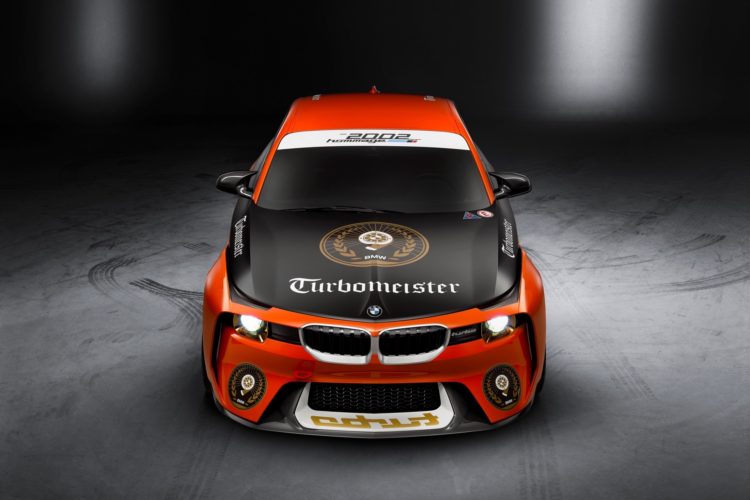In a letter sent by Chinese dealerships to BMW earlier this week and reviewed by The Wall Street Journal, dealers pressed BMW to set more realistic sales targets, lower wholesale prices and extend grace periods for payment.
BMW set a target sales goal of 500,000 in China this year, a 10 percent increase over 2014, but the new target is seen as unrealistic. “That’s too much. We had bought too many cars last year and many of them are still sitting in our showrooms,” said one of the Chinese dealer executives. When pressed for comments, a BMW spokesperson in China said the company is constantly evaluating the market and economic situation. “We’re in constant dialogue with our dealers,” she said. BMW expects to issue a statement outlining new commercial arrangements with its Chinese dealers, she added.
In January, BMW agreed to offer about 5.1 billion yuan ($820 million), in subsidies to its dealers in China, but the dealers have mostly used up those subsidies to attract new customers.
The auto market in China has grown only 1 percent in the first quarter, compared to the double-digits growth in the past.
Toyota and Audi, other two important players in the Chinese market, have been facing similar difficulties. Audi has also agreed to pay a package of about 2 billion yuan in incentives to its Chinese dealers, while Toyota disbursed 1.24 billion yuan in subsidies.





































































